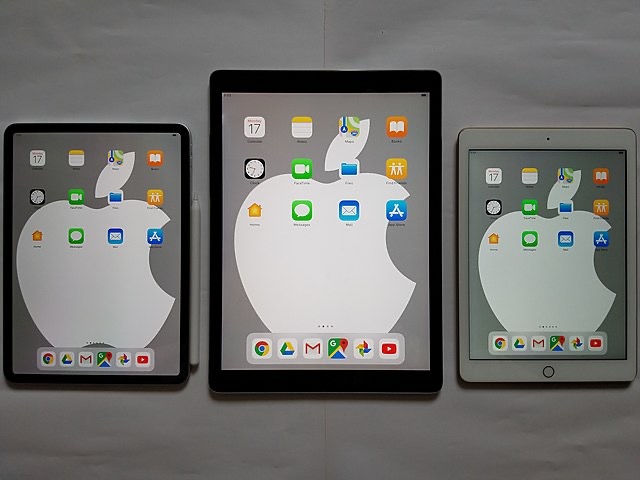Apple’s Emergency Security Alert
Apple has issued an urgent security update for iPhone users following the discovery of two severe zero-day vulnerabilities that were actively exploited in the wild. The tech giant is urging users to immediately install iOS 18.4.1 to protect against these highly sophisticated cyberattacks. The vulnerabilities, which allowed attackers to execute malicious code and spy on devices without the user’s knowledge, have been identified as among the most advanced ever seen targeting Apple devices.
This update is not just another routine patch—it’s a crucial line of defense against a dangerous form of spyware that has already been used in targeted attacks. Cybersecurity experts are calling this a wake-up call for all iPhone users, especially those who store sensitive data or work in high-risk industries.
The Significance of the iOS 18.4.1 Update
The newly released iOS 18.4.1 update addresses multiple vulnerabilities that have been actively exploited. Apple confirmed that at least two security flaws were being used to install spyware capable of hijacking a device’s audio and remotely accessing its data. These flaws, now fixed, could allow hackers to monitor conversations, access photos and messages, and even activate the camera and microphone without detection.
Apple’s security bulletin emphasized that the update is critical and should be installed immediately by all users of compatible iPhones, iPads, and Macs. The company also credited anonymous researchers for helping discover and report the vulnerabilities, a testament to the importance of global cybersecurity collaboration.
Details of the Security Vulnerabilities
CoreAudio Vulnerability (CVE-2025-31200)
One of the vulnerabilities patched in this emergency update involves CoreAudio, Apple’s framework for managing audio services across iOS and macOS. Designated as CVE-2025-31200, this flaw could allow a malicious audio file to execute arbitrary code on a device. In other words, simply playing an infected audio file could let a hacker take control of your iPhone.
This exploit bypassed Apple’s usual security checks and was used to plant spyware on targeted devices. Apple confirmed the vulnerability had been used in the wild and posed a serious threat to users’ privacy and device integrity.
RPAC Vulnerability (CVE-2025-31201)
The second major issue involves Apple’s Real-time Processing Audio Control (RPAC), which governs how real-time audio is handled. Known as CVE-2025-31201, this flaw could be exploited by a malicious app or process to gain elevated access to the system. In targeted attacks, this was used to covertly activate microphones and siphon off audio streams.
This particular vulnerability is especially concerning for journalists, activists, and high-profile individuals who rely on their devices for secure communication. Apple confirmed it has seen instances where this flaw was used in precision-targeted surveillance.
Nature of the Sophisticated Attacks
Targeted Exploitation of Zero-Day Flaws
Both vulnerabilities exploited zero-day flaws—security holes that were unknown to Apple at the time they were exploited. These are some of the most dangerous types of vulnerabilities because they are actively exploited before a patch is available, leaving users defenseless.
Cybersecurity researchers noted that the recent attacks using these flaws were “highly targeted and technically sophisticated,” suggesting the involvement of state-sponsored or professional cyber-espionage actors. While Apple has not named specific groups or countries, the pattern closely mirrors other high-profile incidents involving Pegasus spyware and similar surveillance tools.
Comparison with Previous Spyware Incidents
This isn’t the first time Apple has had to deal with spyware threats. In previous years, tools like Pegasus developed by NSO Group were used to exploit Apple device vulnerabilities and monitor individuals across the globe. However, experts suggest that the recent attacks are more refined, harder to detect, and possibly capable of affecting a broader range of users.
The attacks exploited silent vectors—such as corrupted audio files and background processes—meaning users wouldn’t even know their devices were compromised.
Devices Affected by the Vulnerabilities
iPhones, iPads, Macs, and Other Apple Devices
Apple’s advisory confirmed that a wide range of devices are affected by these vulnerabilities. These include:
- iPhones from iPhone XS and newer
- All iPad Pro models
- iPad Air (3rd generation and later)
- iPad mini (5th generation and later)
- Macs running macOS Ventura and later
- Apple Watch models with watchOS 10.4 or earlier
Users of older devices are also encouraged to check for the latest security patches, as similar vulnerabilities may exist in legacy software versions. Additionally, Apple has released macOS Sonoma 14.4.1, watchOS 10.4, and other updates to patch related issues.
Importance of Updating All Apple Devices
It’s not just your iPhone that could be at risk. If you use multiple Apple devices connected via iCloud, a compromise on one can lead to breaches across your ecosystem. This includes your photos, emails, notes, and even Apple Pay transactions. For complete security, Apple recommends updating all your devices to their latest versions.
Steps to Secure Your Apple Devices
How to Update Your iPhone and Other Devices
To install the iOS 18.4.1 update:
- Go to Settings > General > Software Update
- Tap Download and Install
- Follow on-screen instructions to complete the update
For Macs, open System Settings > General > Software Update.
Make sure your device is connected to Wi-Fi and has sufficient battery life or is plugged into a charger.
Additional Security Measures for Users
- Enable Automatic Updates: This ensures you receive future patches immediately.
- Use Strong Passwords and Two-Factor Authentication: Secure your Apple ID and linked services.
- Avoid Untrusted Sources: Don’t open audio files or apps from unknown contacts or suspicious websites.
- Check for Unusual Device Behavior: Battery drain, overheating, or camera/mic activity can indicate spyware.



